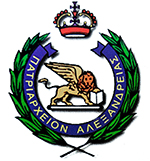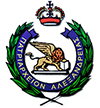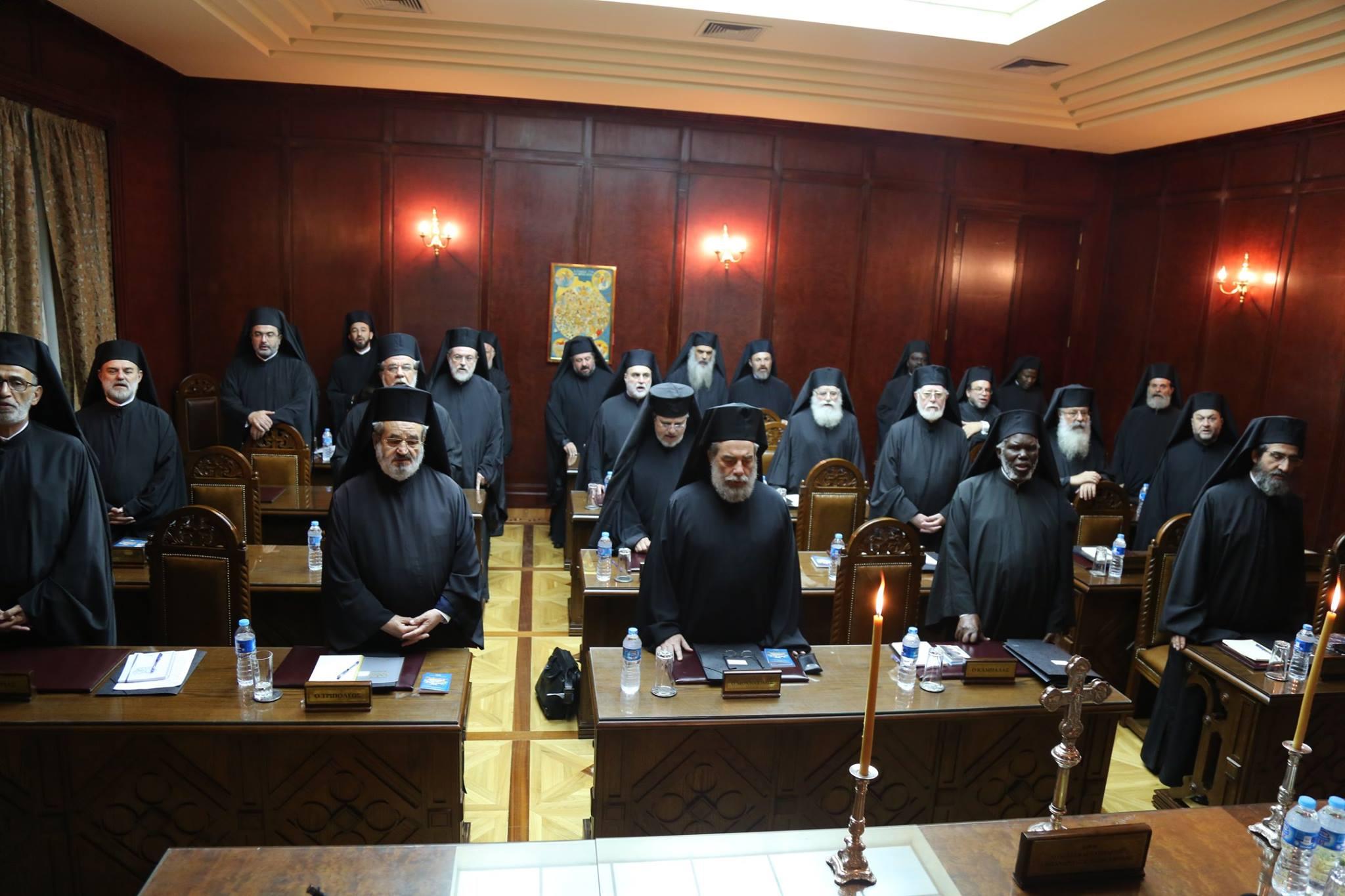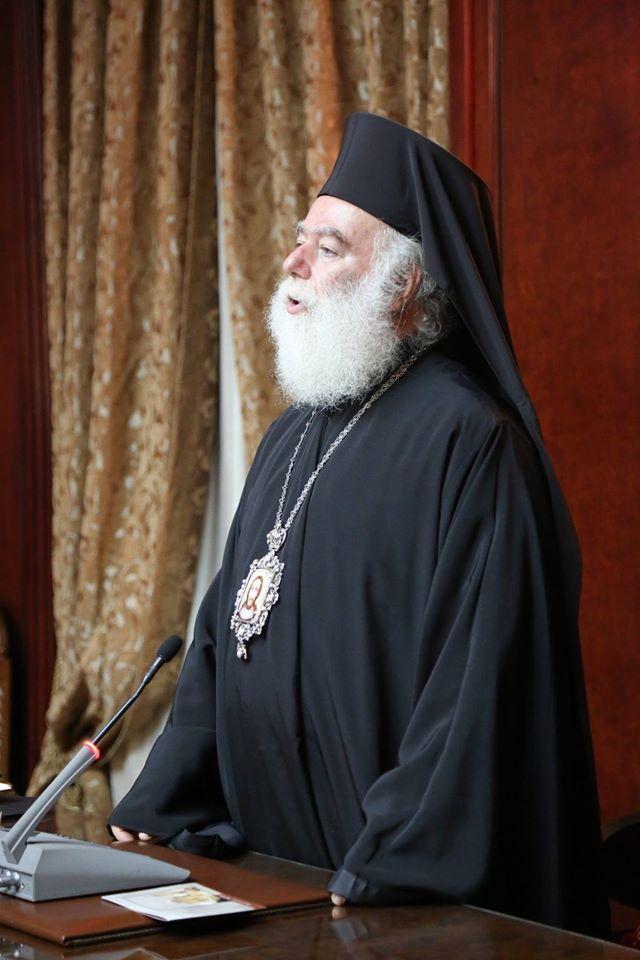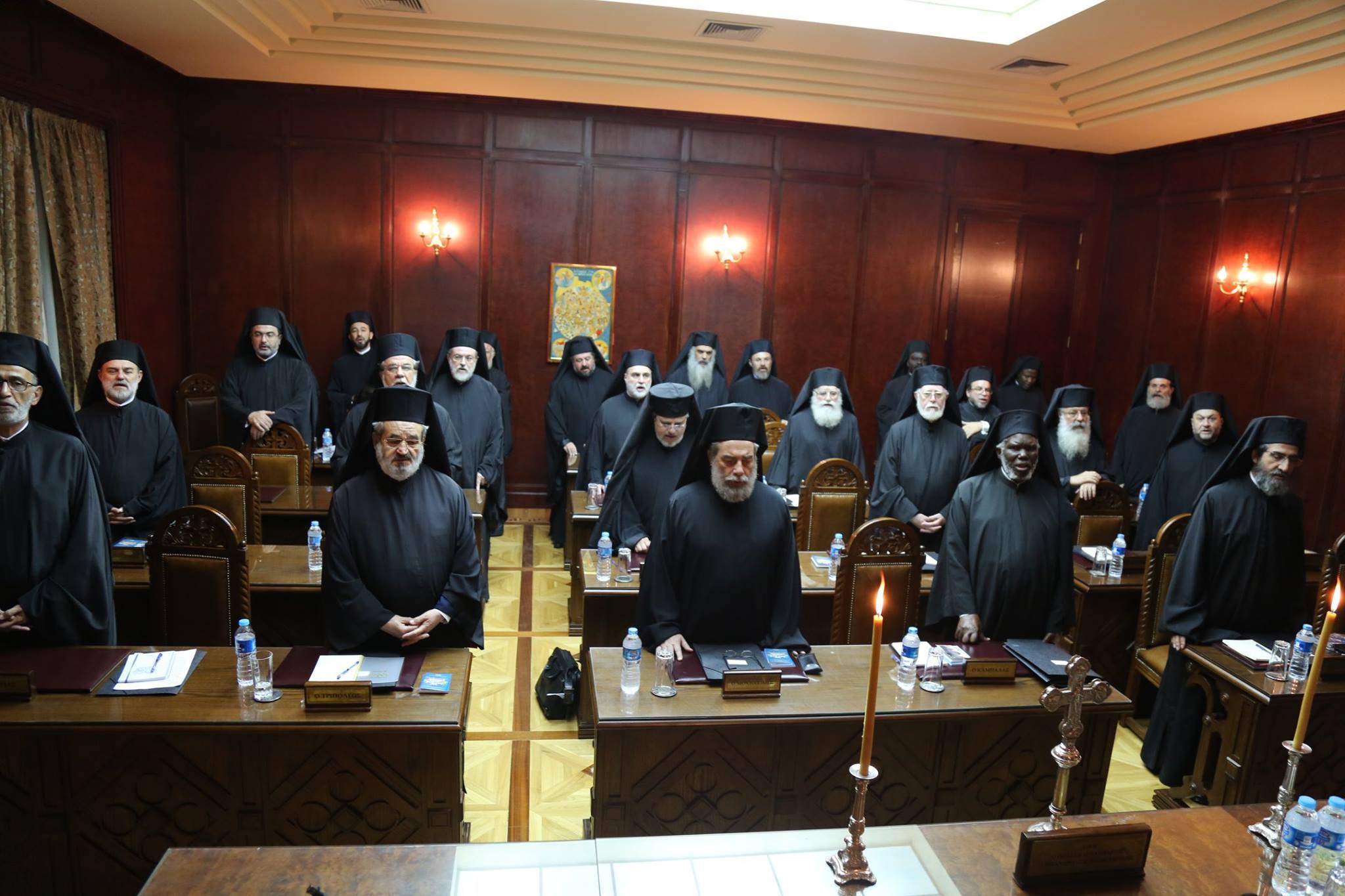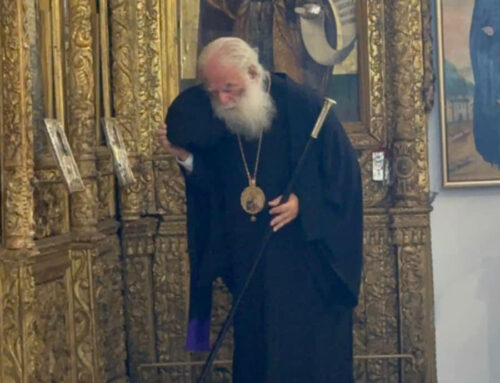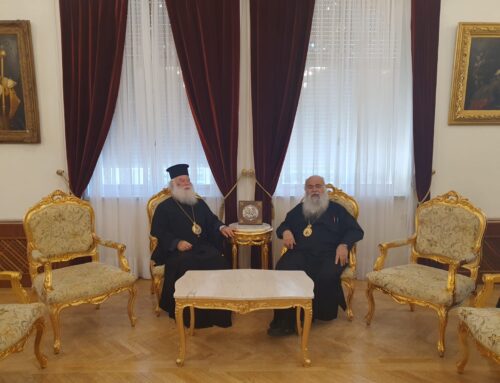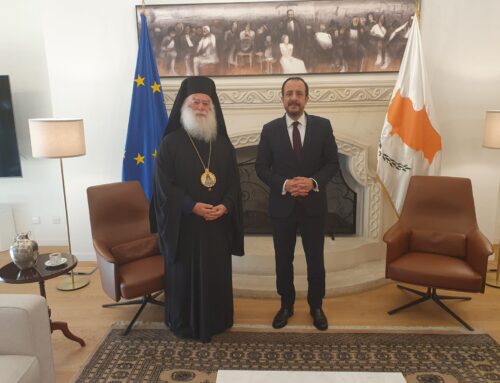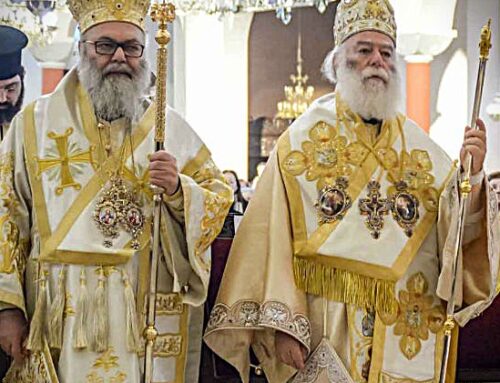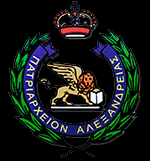On 16th November 2016, the Holy Synod of the ancient Patriarchate of Alexandria and All Africa continued its deliberations presided over by His Beatitude Theodoros II, Pope and Patriarch of Alexandria and All Africa at the Patriarchal See.
Speakers at today’s meeting were His Eminence Alexandros Metropolitan of Nigeria, who discussed the issue of Fasting in African reality, as well as His Eminence Gregory Metropolitan of Cameroon who spoke on the institution of Deaconesses in the Missionary field. Both speakers presented their positions and proposals with Theological debate and a lengthy discussion was held on both.
As far as the issue of Fasting is concerned the decisions of the Synod will be announced to the clergy and the people in the spiritual jurisdiction of the Patriarchate shortly, by Patriarchal Encyclicals.
Regarding the issue of the institution of Deaconesses, it was decided to revive this and a tripartite committee of Hierarchs was appointed for a detailed consideration of the subject.
During the afternoon session, His Eminence Alexandros Metropolitan of Nigeria proposed the agenda of the Alexandrian Church for the next three years in relation to the social and cultural conditions prevailing in the African continent and the pastoral needs arising from them, as well as the revision of the Patriarchal Operating Regulations of the Synod of the Throne.
In conclusion the Holy Body, having engaged at length during these days with the historic event of the Holy and Great Synod of the Orthodox Church in Crete, announces the following: «Evaluation of the Holy and Great Synod in Crete, by the Holy Synod of the Patriarchate of Alexandria» The Holy Synod of the Patriarchate of Alexandria Presided over by His Beatitude Theodoros II, Pope and Patriarch of Alexandria and All Africa , following extensive discussion announces the following:
1.We express glory and praise to the Triune God, who deemed us worthy to participate in the Holy and Great Synod of the Orthodox Church last June. The Synod was the seal on a long course of several decades amidst intense Theological consultations, agreements and disagreements. It was the vision of our enlightened and charismatic predecessors who prayed to witness the day of the its convening, but they were not fortunate. We express our deep gratitude to them and pray for the repose of their souls.
2.The Synod in Crete was an extremely important event for the course of the Orthodox Church as it gave testimony of unity, testimony of responsibility and anxiety for the contemporary world. It was, is and will remain as a great miracle “of meeting and coexisting for this” of the Orthodox Churches and we believe that this new experience will gradually be decoded and will yield new fruits in the Orthodox world. Blessed are they who will taste of this fruit!
3.It confirmed that conciliarity is the pre-eminent expression of the ecclesiological consciousness of the Orthodox Church and at the same time is a dynamic response to the ardent preachers of introversion, exclusivity, racial prejudice and fundamentalism. We believe that in the near future, at the Synods which God willing will follow, and imperfections and weaknesses of this Synod will be overcome.
4.We wholeheartedly thank the Most Holy President of the Great and Holy Synod, Ecumenical Patriarch Vartholomaios, Their Beatitudes the Primates and all who worked tirelessly for the realization of the Synod amidst many adversities and challenges.
5.We consider as particularly important the concilliar consolidation of the ecclesiastical dispensation amidst various extremist and conservative positions, as opportunity is given to local churches to exercise their pastoral work in rfeal time and in the particular sites and conditions. However, with regret we found that, despite the prophetic voices which were heard in the Synod and those during the pre-Synodal conferences, timidity and reluctance to understand “deviations” from earlier settings of the life of the Church as accuracy and not as dispensation, although this would have been the true affirmation of the mystery of Christ’s incarnation today, in other words the living and salvific Revelation of God. The differing approaches to issues of life in the Church are not deviations for us from Orthodox truth, but adaptation to African reality.
6.The Church of Africa will continue to participate actively in all the official inter-Christian and inter-religious dialogues, despite whichever difficulties and problems which arise from time to time. Besides our participation in the WCC, we are upgrading our activity in the Pan-African Council of Churches. At every moment we should humbly submit our testimony of the Orthodox Faith, the fullness of the Orthodox revelation which our Church preserves. Walking in the footsteps of Jesus, we must become instruments of reconciliation and to cultivate the peaceful coexistence of people, respecting and defending their national, racial and religious diversity. Together with the other Churches and Religions we are called on to work towards combating every systemic injustice anything demonic, in whatever form it appears, which nullifies the lives of the critically injured and bleeding in our flock.
7.We feel that as a living and dynamic Church, we are emerging from within a growing and long-suffering world, we have a duty with courage and prophetic vision to formulate within ourselves the conditions for recruitment and the transformation of our world, and to place a proposition of hope, and life throughout it for all people, as well as resurrectional joy. We ask for the fervent prayers of the Body of our Church, clergy and laity, so that with the cooperation of everyone to build on the momentum of the Great Synod and to liberate those powers that will show the Church of Africa to be a prophetic presence, fearing the Lord and always open to the surprising action of the Most Holy Spirit”.
The deliberations of the Holy Synod in Alexandria will continue tomorrow, God willing.


